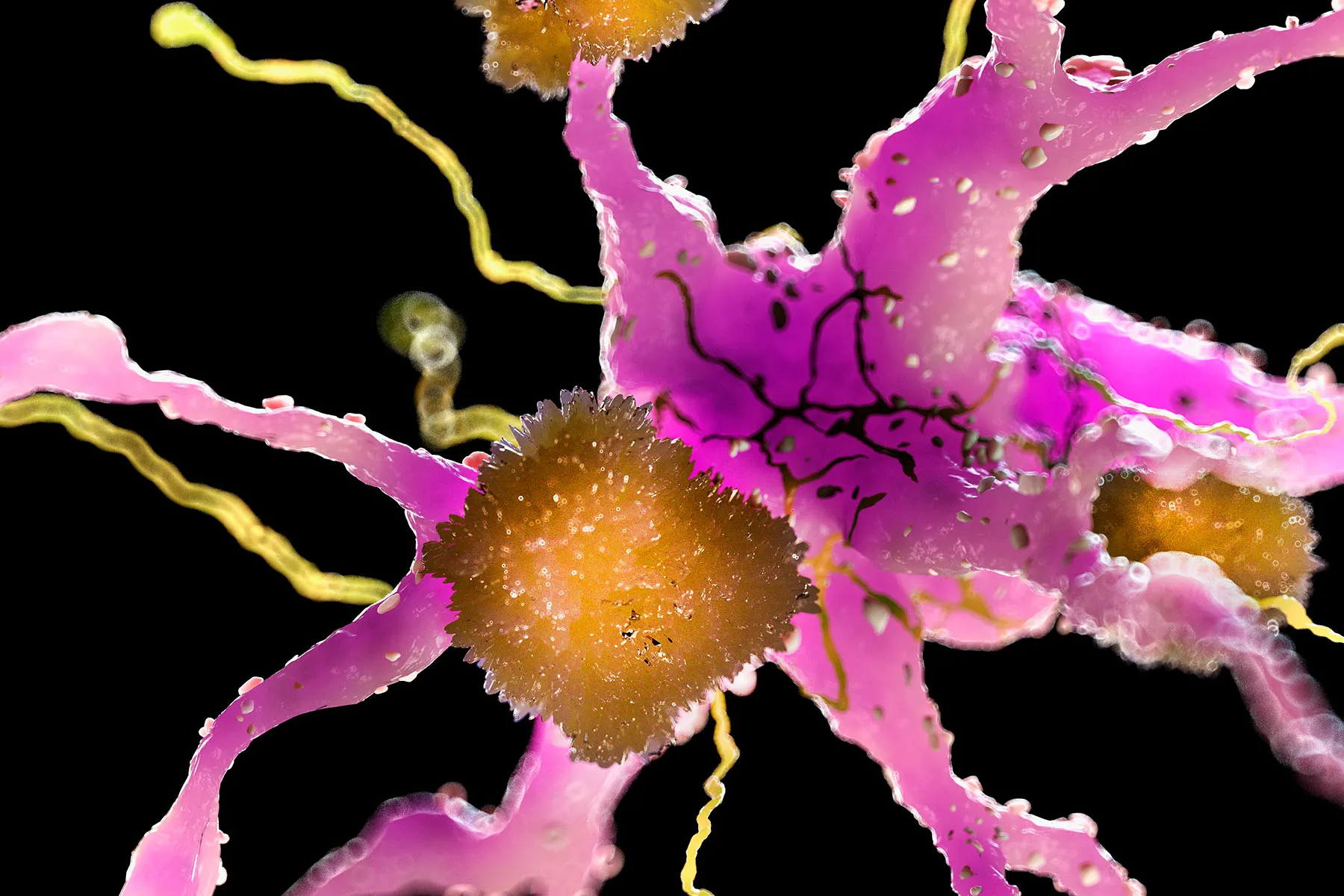The Mar-a-Lago Papers: Could Trump Cut a Deal?
Judging from his history of litigation in some 4,000 disputes since 1973, the former president knows when he has a losing hand, and when to negotiate a face-saving resolution in defeat, writes a white-collar crime expert who has studied Trump’s pre-presidential business career.


The Mar-a-Lago club, Palm Beach, Florida.. Photo via CNN
Over the past week, the pre-litigation battle between Donald Trump and the Department of Justice intensified over the unlawful possession of 184 documents bearing classification markings, including 25 marked top secret that were retrieved from Mar-a-Lago back in January 2022 by the National Archives and Records Administration.
As we now know, some of the top-secret documents turned over by Trump contained HCS or SI markings. These refer to the United States’ most closely guarded secrets.
When Trump turned those documents over to the Archives, assuming that he was knowledgably aware of their content, he effectively provided prima facie evidence that he had violated federal laws by removing national-defense information from their “proper place of custody.”
Case proved. Nothing more to know about Trump’s guilt.
Or to the question posed by many folks inside and outside of government following his inauguration address in 2017, captured in the headline of a Vanity Fair article: “Is Donald Trump’s Insecurity a National Security Threat?”
Of course, there is plenty more left to learn about the details of the numerous crimes committed by the former president in New York, Georgia, DC., and elsewhere, especially in the case of Trump’s appropriation of classified documents and any potential or actual damage already caused by his lawlessness.
On Aug. 26, Donald Trump’s attorneys made their second pitch in five days to District Court Judge Aileen Cannon of the Southern District of Florida to appoint a “special master” to review and return evidence from the FBI search of Trump’s domicile on Aug. 8.
Pointedly, the request was not made to Magistrate Judge Bruce E. Reinhart, who had approved the search affidavit of Mar-a-Lago, nor to the federal district court in Washington, DC, where conflicts involving the Presidential Records Act and ex-presidents are adjudicated.
The Special Master
In response to the Trump lawyers’ first pitch in a poorly developed lawsuit filed Aug. 22 seeking a “special master, ” Judge Cannon had ordered Trump’s lawyers “to elaborate on their arguments for why the court has the ability to step in at this time.”
Cannon also asked them to explain what exactly Trump was asking for and whether the Justice Department had been served with Trump’s special master motion.”
In a “supplemental” filing by Lindsey Halligan, serving as local council for Trump, Washington-based James Trusty and Baltimore-based Evan Corcoran, Cannon was urged to stop the Justice Department from continuing to examine the boxes taken by the FBI during their Aug. 8 search of Mar-a-Lago.
Trump’s lawyers tried to make a case that the search of Trump’s Palm Beach home may have been illegal. But the legal justification does not pass legal muster and should be denied by Judge Cannon.
Conspicuously missing from these filings as Kyle Cheney and Josh Gerstein of Politico have pointed out, is the absence of any mention of the 700 pages of classified documents “recovered during the search and in previous visits by investigators.”
Also missing from these filings were Trump’s public claims about having “declassified the material” or his “heated criticism” of Judge Reinhart for authorizing the search.
Nevertheless, Judge Cannon, a 2020 Trump appointee, has “signaled that she is inclined to agree with the former president and his lawyers that a special master should be appointed to review the seized documents.”
Cannon has scheduled a Thursday hearing in the federal courthouse in West Palm Beach and not in Fort Pierce where she typically works.
Even though the FBI announced yesterday that there is no need for a special master to do what they have already done, I believe Cannon will provide Trump with his special master, which should prevent additional talking points about the government’s overreaching and his victimization.
Earlier on Friday afternoon, with the permission of Magistrate Judge Reinhart, the Justice Department’s redacted version of the Mar-a-Lago search warrant affidavit was released to the public.
That was preceded by the release of the Department of Justice (redacted) legal brief explaining its rationale behind their redactions.
According to the redacted version, we learn pretty much what we already knew: There was “probable cause to believe” not only that classified national security materials had been improperly taken to “unauthorized” locations, but that a search by the FBI of Mar-a-Lago would also find “evidence of obstruction.”
It would also likely find “additional documents that contain classified (National Defense Information) or are Presidential records subject to record retention requirements” that remain in the improper custody of citizen Trump.
What I found to be revealing from the redacted affidavit with respect to a forthcoming criminal indictment was a “smoking gun” of sorts that prevents Trump from displacing blame on subordinates for his crimes.
Trump’s Handwritten Notes
I am referring specifically to several documents that included Trump’s handwritten notes on them.
The most compelling case made by the DOJ for the FBI search turned out to be the content of the classified information that had already been recovered from Trump. This involved the use of clandestine human intelligence sources, Foreign Intelligence Surveillance Act intercepts, and other material designated not to be shared with foreign countries.
More incriminating was the legal briefing explaining that, without the redactions there were risks to national security, including possible threats to witnesses in the forms of retaliation, intimidation, or harassment, and “even threats to their physical safety.”
As the machinery of justice slowly grinds closer to Donald Trump, the Trump Organization, and the former president’s criminal enterprise, we need to acknowledge that the grifter-in-chief has spent a lifetime not only as a pathological liar, but as a sociopath with grave consequences for millions of people.
I predicted in a Salon commentary last week that Trump would keep on fighting to the end, regardless of what happens over the Mar-a-Lago papers.
But it’s also important to note that the egocentric, maniacal, and narcissistic Trump is neither suicidal nor stupid; he knows when it is time to “cry uncle.”
Based on his history of litigating 4,000 disputes since 1973, Trump does indeed know when he has a losing hand, when he needs to fold them—and perhaps equally important, when to negotiate as best he can a face-saving resolution in defeat.
For example, Trump’s ex-lawyer and “fixer” Michael Cohen recently suggested that the former president’s motive for keeping the classified documents was to use them as bargaining chips or as leverage to avoid any jail or prison time.
While I would never dismiss the possibility that Trump would do this with the documents, should push have come to shove, I suspect his motives here were also psychological and monetary.
In fact, it is possible to assume Trump might look to cut a deal with the DOJ, whereby he pleads guilty to document crimes and in return is not incarcerated—and receives immunity not only for his election interference in Georgia, but for any related seditious conspiracy offenses stemming from the Jan. 6 investigations.
It’s certainly not the outcome that I am hoping for. But it’s one that I believe the country could live with.
In terms of the adversaries of jurisdictional justice at war with Boss Trump, and from the vantage points of New York State and New York City, the Justice Department, Fulton County, Georgia, Washington, DC and elsewhere, these lawsuits are all interconnected.
They are all part and parcel of Trump’s larger criminal enterprise.
That is why, after Attorney General Merrick Garland and the Justice Department finish their Jan. 6 investigation apart from, yet related to, their Mar-a-Lago investigations, I have recommended that they prosecute Trump and his allies for racketeering schemes as in a “hub and spoke” multi-prong conspiracy RICO case.

Gregg Barak
Similarly, in the case of Mar-a-Lago and the stolen classified documents, Garland should add RICO criminal indictments to the statutes identified under Title 18 of the U.S. Code—Section 793, Espionage Act; Section 1519, “obstruction of justice”; and “unlawful possession” of U.S. documents.
Additional Reading: DOJ Indicates Trump’s Demand for Special Master May Be Too Late
Gregg Barak, Ph.D., is an emeritus Professor of Criminology and Criminal Justice at Eastern Michigan University, the co-founding editor of the Journal of White Collar and Corporate Crime, and the author of the recently published Criminology on Trump

 Landwebs
Landwebs 




















